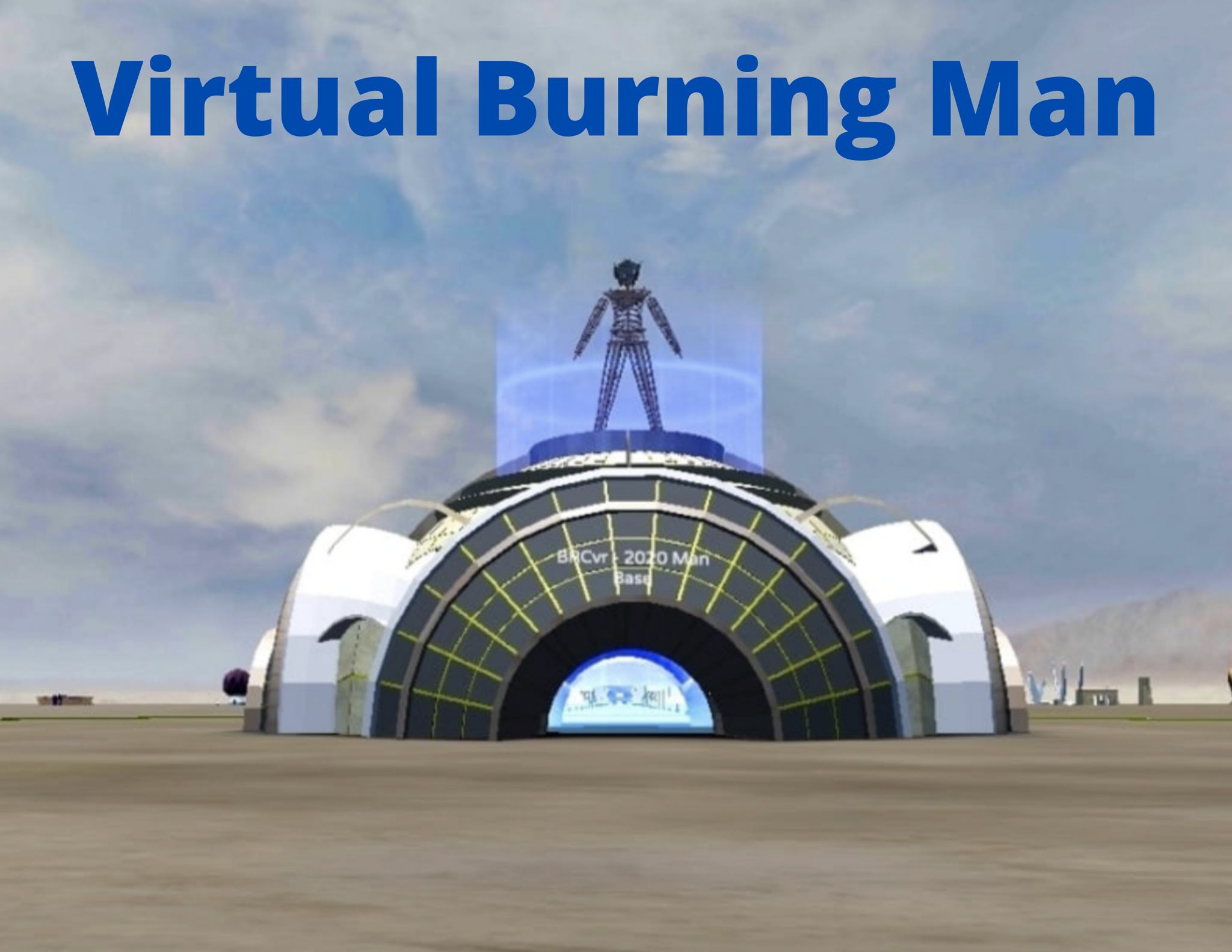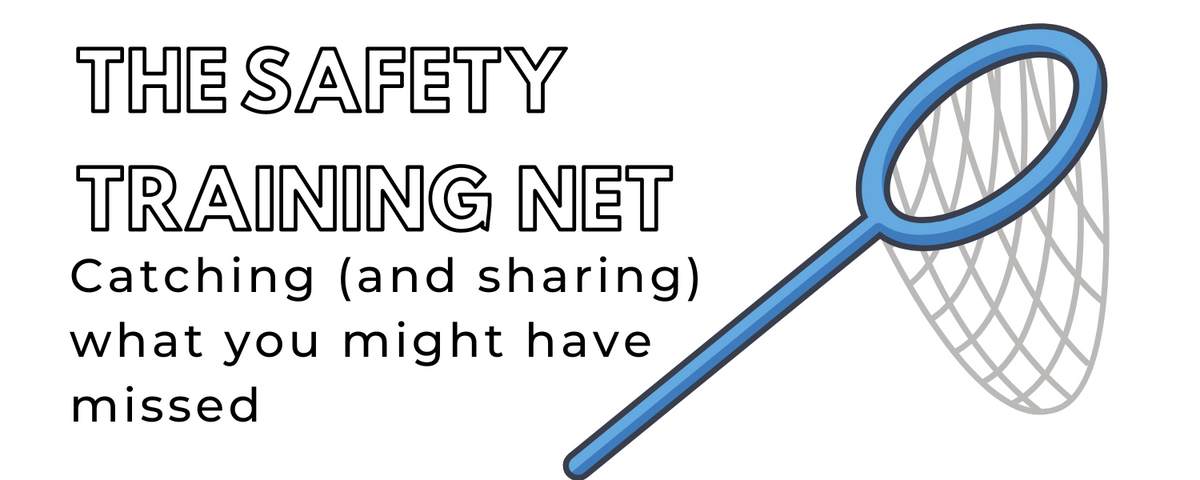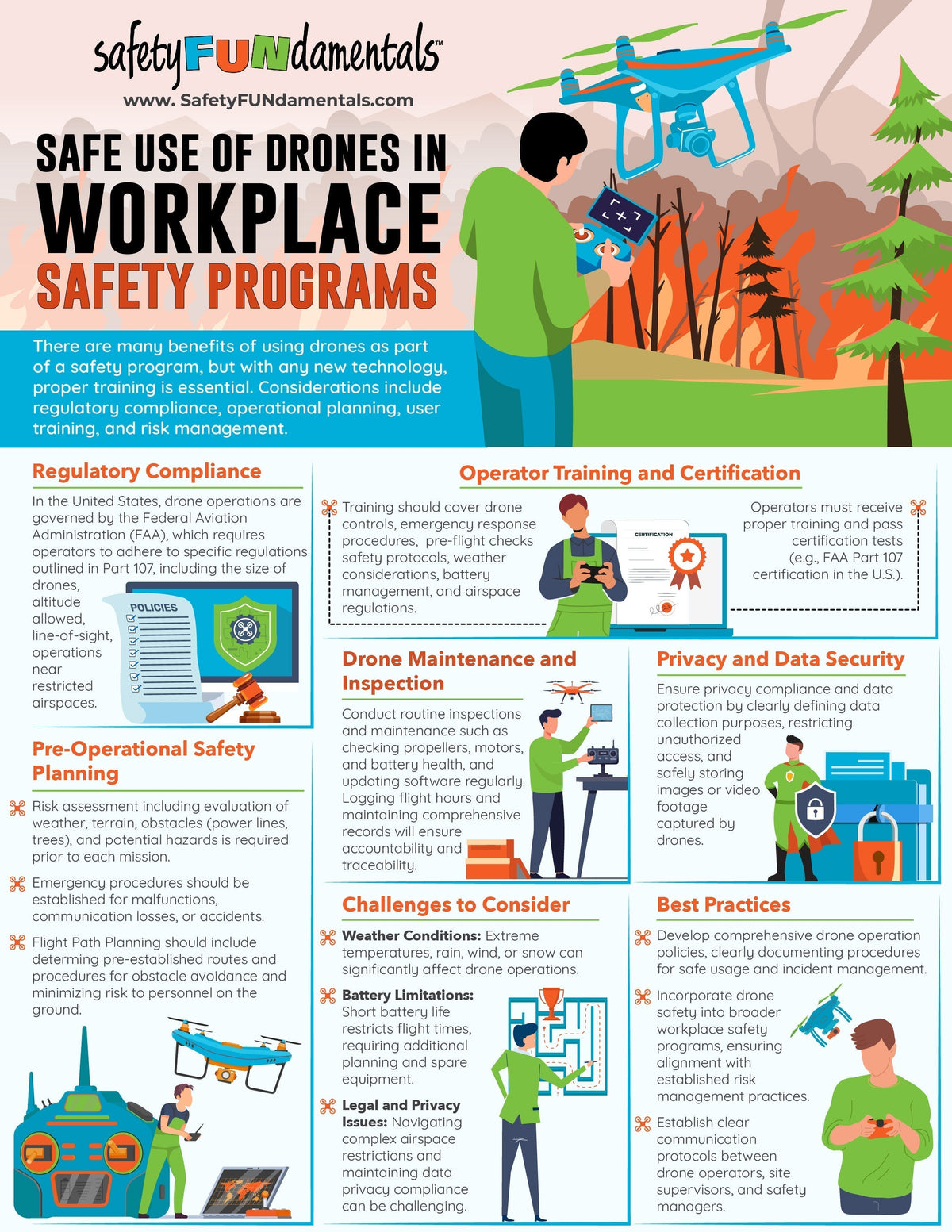Burning Man and Safety Conferences

Would you ever have expected to see "Burning Man" and "Safety Conference" in the same sentence? If you aren't familiar with it, Burning Man is like a festival (although the website says it is explicitly not) but technically an annual "community - a temporary city - a global cultural movement" attended by 70,000 people in Nevada. Like so many other scheduled events in 2020, Burning Man had to decide whether or not to cancel or go virtual. Even more than a safety conference, Burning Man is based on lots of personal contact with others and experiences and when you take those aspects away, many of the signature experiences are gone.
While reading an article in Fast Company about how Burning Man made the transition to a virtual event, I started to think that if the words "Safety Conference" were substituted for "Burning Man" throughout the article, there would be some good ideas to consider for making safety conferences different from other Zoom conferences which would be a great idea considering so many of us have Zoom fatigue. Before I list a few ideas, it's important to point out that die-hard Burning Man attendees are probably more likely to own a high-end virtual reality headset and this was a key piece of equipment for the virtual Burning Man experience. It would be great if the popularity of VR helps bring the cost down of headsets but until then, there are a few other lessons to be learned.
"Event organizers need to find a way to remind people of what they experience at the traditional version of an event."
What are the most remembered experiences of a live safety event? For different people that probably means different things but finding a way to add these experiences to the virtual world is key. (For me, it's running into old friends by accident).
Second, events should take advantage of the content they normally offer.
For safety conferences, the content they usually offer is mainly education and networking opportunities but things like on-site interviews, chances to participate in contests, shopping in a conference store and celebrations of accomplishments are all important to continue.
Third, leverage the creative energies of the community.
The benefit of leveraging that energy is that as people discover and encounter the things they love from their event, they’ll tell everyone about it. It is important to add things that people can get excited abut and are shareable.
Lastly, events should find a way to take advantage of technology.
Luckily, everyone's skills with online conference platforms have gotten much stronger and attendees are much more comfortable using this technology. As groups try hard to continuously improve and add to attendees' experiences, new technology will undoubtedly be introduced that can make online events even better.
If you have attended a safety conference in person in the past, what have been your favorite experiences? What would you love see reproduced in a virtual event?
Leave a comment
Comments will be approved before showing up.




